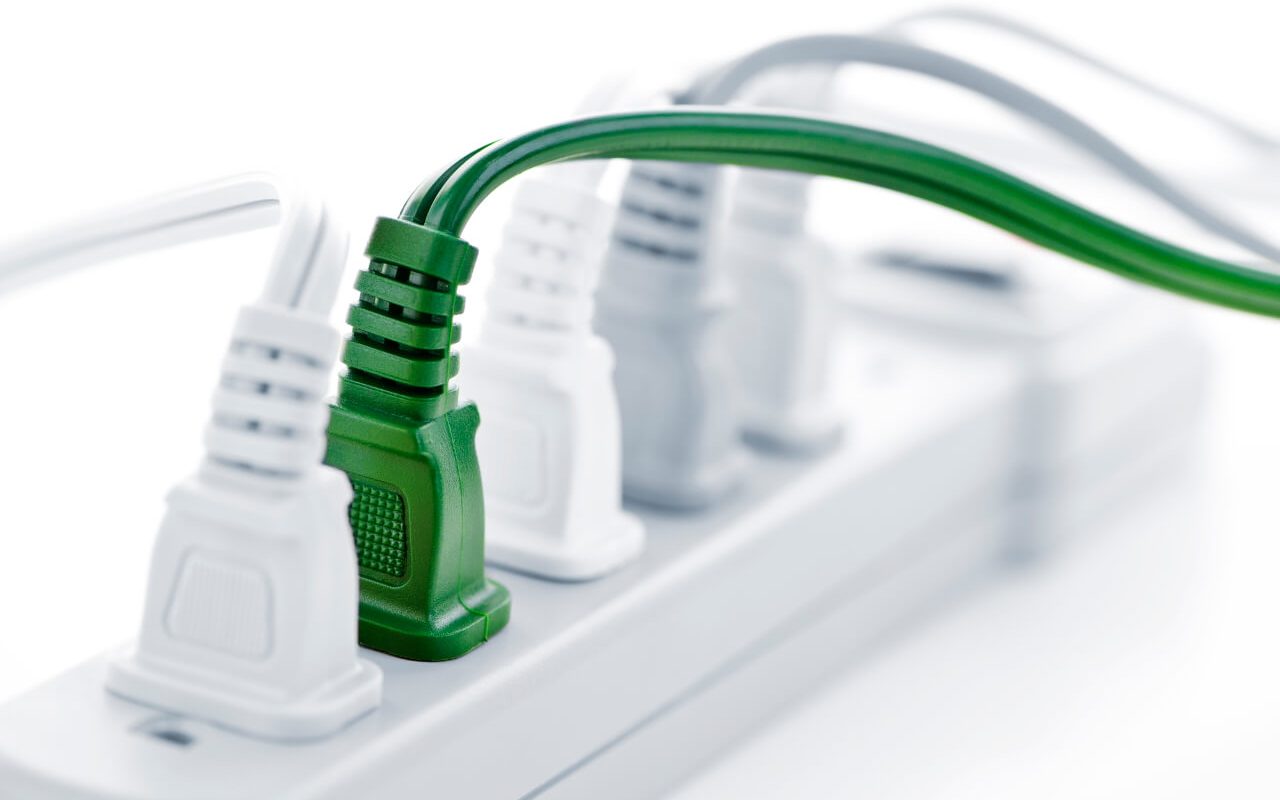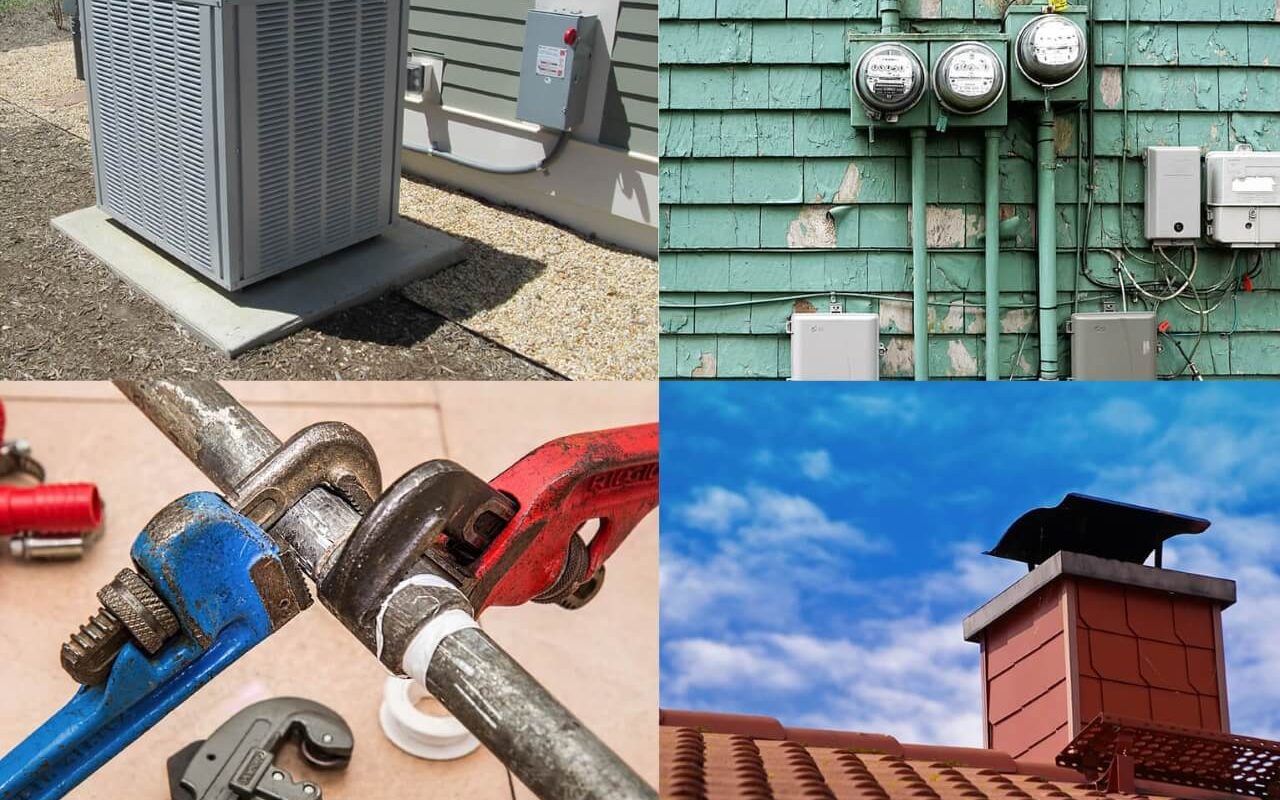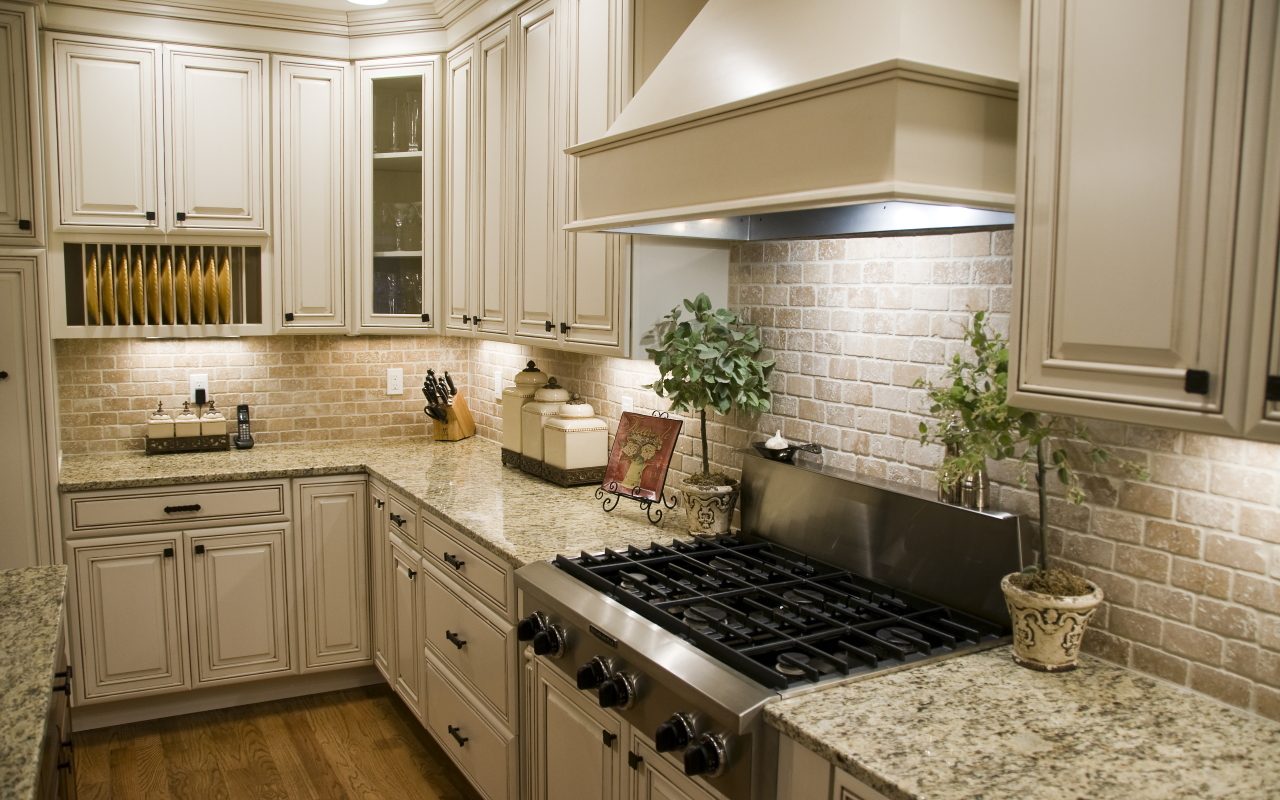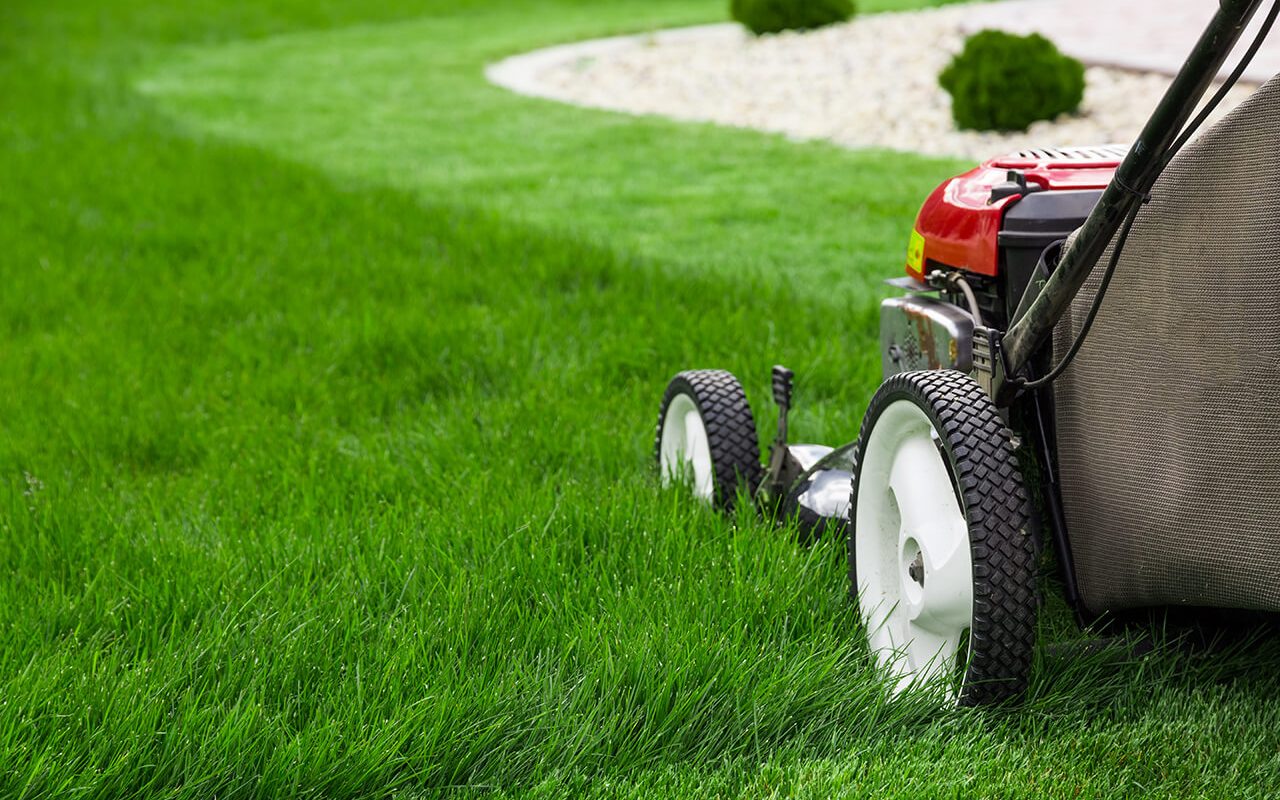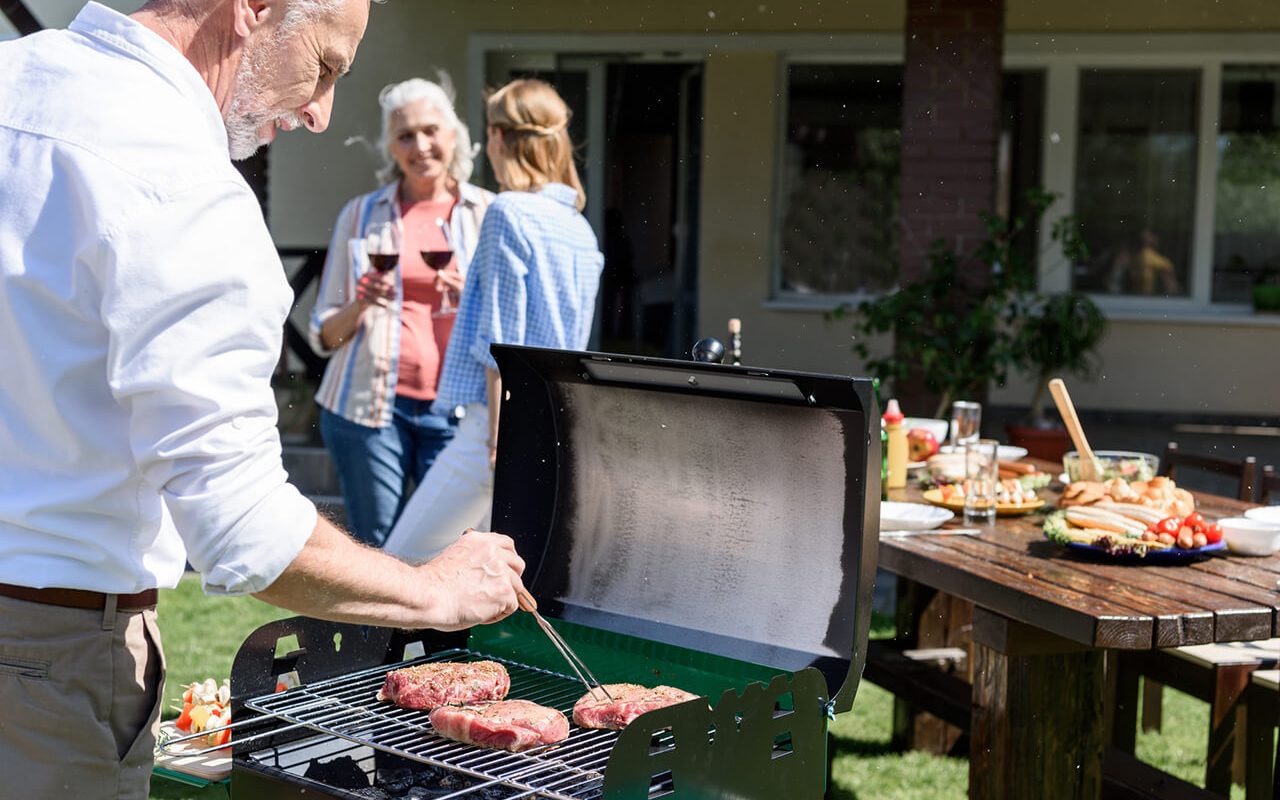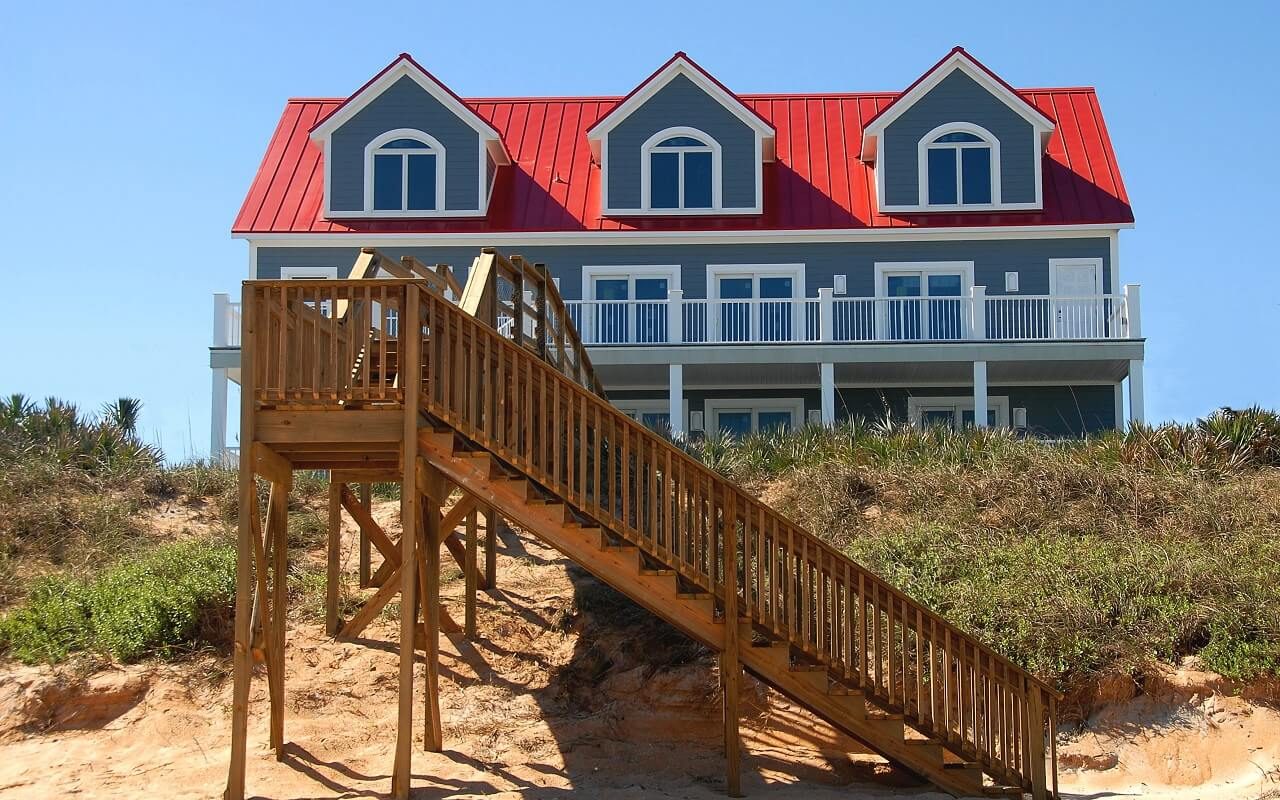Electricity powers your appliances and electronic devices. Many homes also use electric systems for heating and cooling applications. While electricity is necessary to keep your household functional, take care when using it. Similarly to electrical testing glasgow, regular electrical testing is required to preserve the safety and reliability of electrical systems. These inspections include inspecting any plugs, sockets, cables, and appliances powered by your electrical supply.
Follow these tips for electrical safety in the home to keep your household free of hazards, while if you need an electrical service to help you with installations there are great companies out there you can find in the best directory online, see more here for this.
Don’t Overload Electrical Outlets
Most household outlets are designed for two electric devices, usually allowing a maximum of 120v. Homeowners often plug heavy-duty electric items into their outlets as well. This can be dangerous when those devices draw too much power. To reduce the risk of overloading outlets, use a power strip with a surge protector to plug in multiple items. You can also hire experts at sites like https://mitchellelectric.com/ or https://teslaelectriccolorado.com to install additional outlets. You can learn more about electrical safety here.
Be Mindful of Extension Cords for Electrical Safety in the Home
Extension cords are safe for occasional use in your home. They aren’t designed for long-term usage, though. Don’t run multiple extension cords throughout your home. They create tripping hazards and if run under a rug, they can overheat and cause a house fire. If you find you often need an extension cord, hire an electrician to install more outlets in convenient locations. Visit sites like https://safeandsoundelectric.com/darien-ct/ or https://www.asburyelectric.com/service-area/virginia-beach-va/ for additional guidance.
Electric Safety in the Home: Repair Damaged Power Cords
Especially if you have small children or pets, check your devices for damaged power cords. Power cords become worn out through use and they can be dangerous when handled incorrectly. Periodically check your devices for faulty cords and repair or replace them as needed.
Water and Electricity Don’t Mix
One of the best electric safety tips for the home is to avoid water around outlets. However, we do sometimes use electric appliances and devices near water in the bathroom and kitchen. When plugging in the hairdryer, wipe the plug dry first. Don’t use devices like a radio or cell phone in the bathtub. When plugging items in near the sink, make sure surfaces are clean and dry.
